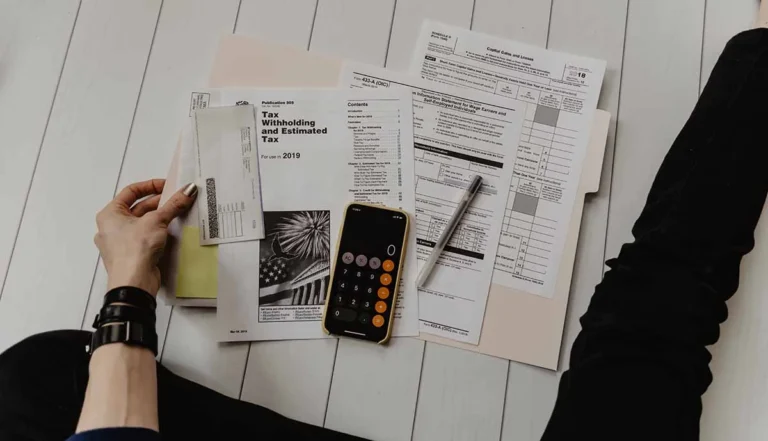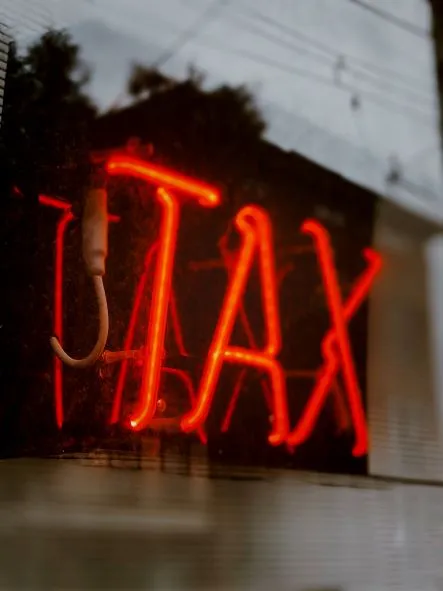Tax Lien Certificates: What You Need to Know
The winner of the tax lien certificate receives the right to collect all delinquent real estate taxes on a property in addition to interest on those taxes. The owner of the real estate continues to be responsible for any current real estate taxes on the property, but is no longer responsible for any delinquent real estate taxes.
Tax Lien certificates are typically sold at a real estate tax auction.
How does a Tax Lien Certificate Work?
The owner of real property which has real estate taxes due receives a notice from the town in which the real property is located. That property has taxes that are delinquent. In addition, there will be a deadline to pay or face penalties and/or lose their property.
After the real estate tax deadline has passed, the town will attempt to collect all unpaid real estate taxes with a treasurer’s sale. A treasurer’s deed is then issued to the state which guarantees payment of real estate taxes assessed against any property that has gone into default.
At this point, the property owners may still be able to redeem their property by paying real estate taxes plus interest. However, the property owner may also face additional penalties.
If the property taxes remain unpaid and the property owners do not pay off their real estate taxes by the time stated in the treasurer’s deed, then owners will lose all rights to that property (including any home or business on that real estate).
After the property has been forfeited, real estate can then be sold at a real estate tax auction.
Real estate tax auctions are an opportunity for the state and local governments to recover real property taxes which have gone into default without receiving any payment from taxpayers; this also encourages property owners to pay their real estate taxes when they are due.
Real estate tax auctions are the real estate equivalent of a foreclosure. The property owner has lost rights to that property and now faces additional penalties for not paying real estate taxes before forfeiting the property. Tax liens are also sold at this time.
How do Tax Lien Certificate Auctions Work?
The state will try to collect real estate taxes through the treasurer’s sale multiple times before real property is forfeited. If real estate tax payments are not made by the real property owner, then more real estate goes into default and becomes subject to additional penalties.
After real property has been forfeited, it will be sold at an auction at which tax liens against that real property are sold. These real estate tax auctions are held on a regular basis, usually quarterly or monthly.
Real property owners can also pay real estate taxes at these real estate tax auctions before real property is forfeited to the state. By bidding on the real estate tax certificates (or liens), real property owners can secure their right to real property.
Once real estate tax certificates are purchased, real property owners can then foreclose on real property to gain ownership of it (or sell real estate tax certificates to third parties). The state of Massachusetts charges 18% interest on real estate taxes if real property owners do not pay real estate taxes at the time they are due; this means that real property owners have to pay real estate taxes in full in 18 months. A real property owner has 51 days from the date of the real estate tax auction in which to redeem real property (or make payment on real estate tax certificates).
If real estate is not redeemed or real estate tax certificates are not paid for within 51 days, then a real property owner will lose real property to the purchaser/purchasers of real estate tax certificates at the real estate tax auction.
You can learn more from our free and informative workshops. Join us: https://www.tlwbevents.com/workshop







